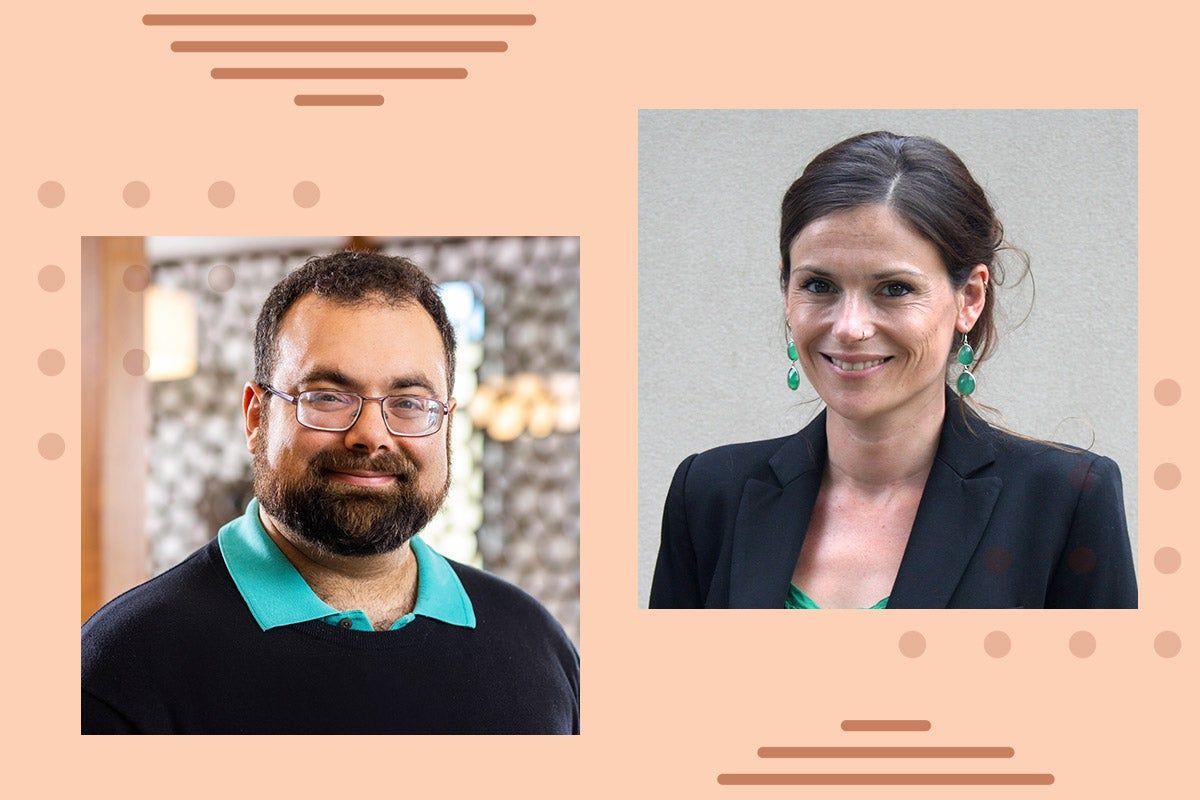Two New Faculty Members at Harvard T.H. Chan School of Public Health Share Commitment to Amplifying Silenced Voices in Public Health Research

BOSTON, MA - Two new faculty members at the Harvard T.H. Chan School of Public Health's Department of Health Policy and Management have joined forces in a common mission: amplifying the voices of those affected by public health research.
Ari Ne’eman, an expert on disability policy, has joined as an assistant professor after graduating from Harvard's Health Policy PhD program earlier this year. His research focuses on how public policy impacts people with disabilities, particularly in the areas of employment, medical care, and long-term services and supports.
"My goal is to create more inclusive societies for people with disabilities," Ne'eman said. "Public policy has a crucial role in supporting inclusion, as a moral value and evidence-based public policy."
Ne’eman's work explores questions such as how to keep people with disabilities in the community and how to involve them in research. He recently published a study on how patient-engaged approaches can improve diversity, equity, and inclusion in health surveys.
He is joined by Emmilie Aveling, who brings a passion for equitable collaborations and quality training in qualitative research to the department. Her research interests focus on unpacking the dynamics of partnership and collaboration within public health.
"If you look anywhere in global public health, there are endless calls for more partnerships with communities and residents," Aveling said. "But how do we facilitate those efforts in a way that serves, supports, and complements affected communities? How can we involve them? Who is determining the agenda?"
Aveling's research aims to show how patient-engaged approaches can improve diversity, equity, and inclusion in health surveys, particularly among individuals with disabilities. She has also published work on epistemic injustice, which refers to the lack of recognition or legitimacy given to people's knowledge and ways of knowing.
Together, Ne’eman and Aveling aim to promote more equitable collaboration between academia, communities, and policymakers, and to center the voices and experiences of those most affected by public health research.
